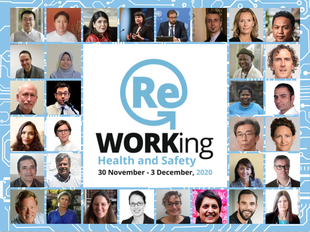OHS as Lens to Understand and Combat Exploitation
In the first week of December, 180 people from 33 countries participated in the Electronics Watch Summit ‘ReWORKing Health & Safety: Protecting Workers and Promoting Resilient Public Sector Supply Chains’. Thirty-three expert speakers led participants on a journey of presentations, interviews and discussions across eight topics, including transparency and the right to know, migrant workers, women workers, and mining, focusing in each case on possible solutions and the role of public procurement. You can watch recordings of the webinars here, and a summary of the whole event here.
“There’s simply nothing more important to workers than knowing they can go to work, and come home” Sharan Burrow, General Secretary of the ITUC, succinctly remarked in her opening speech. What the event has taught us is that OHS is not just one more problem to be dealt with by turn, but that it is a lens through which we can start to understand and combat exploitation. It is not just a technical issue, concerning chemicals and immediate workplace hazards, but also a social one. If workers’ salaries are so low they cannot afford to nourish themselves or their families, their physcial and mental health will suffer as a result. If they are stressed by unrealistic production quotas, they will put their own health and safety second. And the examples go on.
Electronics Watch intends to use the learning from this event to provide guidance for public buyers on what is the most effective due diligence to protect workers from harm in their supply chains. Together with the recently launched OHS Advisory Panel and OHS Guidance, we hope this summit creates momentum for worker-driven transparency and improved social dialogue, resulting in safer workplaces and more resilient supply chains.


